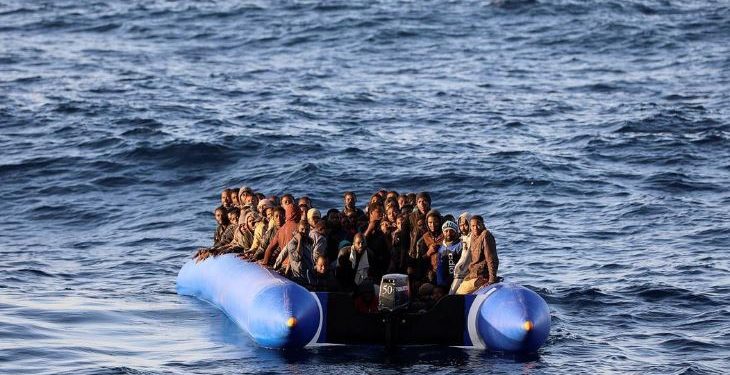Dakar: Nearly 170 migrants returned to Senegal Wednesday after spending almost a week in limbo on a Spanish rescue boat.
Spain’s interior ministry said 168 migrants were safely transported to Saint-Louis, a major coastal city in the north of Senegal. Since Thursday, the migrants had been stuck aboard a Spanish Civil Guard vessel near the northwest African nation of Mauritania after authorities there refused to let them disembark, according to leading Spanish newspaper El Pais.
Ibrahima Cissé, spokesperson for the ministry of Senegalese abroad, confirmed the migrants had arrived in Saint Louis but did not provide further details.
The Civil Guard is one of two national police forces in Spain. For years, it has worked with local authorities in Mauritania and Senegal to try to prevent migrants from attempting to reach Spain’s Canary Islands, an archipelago in the Atlantic Ocean off the northwest coast of Africa.
In recent months there has been a surge of migrants departing from Senegal, who must navigate north past Mauritania to reach the Canaries.
International maritime law mandates that any person found in distress at sea must be rescued and brought to the nearest place of safety, and that asylum seekers should not be forcibly returned to a country where they might face persecution.
In a statement Tuesday, the Spanish Commission for Refugees (CEAR) asked Spanish authorities not to bring the migrants back to Senegal, since “the current political and social situation in Senegal is very delicate and could put these people at risk.”
Tensions have recently run high in Senegal, where a popular opposition leader’s arrest in July spurred violent unrest.
Tens of thousands of people across West Africa board rickety wooden boats bound for Europe every year. Many seek to escape political unrest, youth unemployment and worsening conditions for fishing and farming.
The route from West Africa to Spain is one of the world’s most dangerous. Nearly 1,000 migrants died while trying to reach Spain by sea in the first six months of 2023, says Spanish rights group Walking Borders.
AP






































